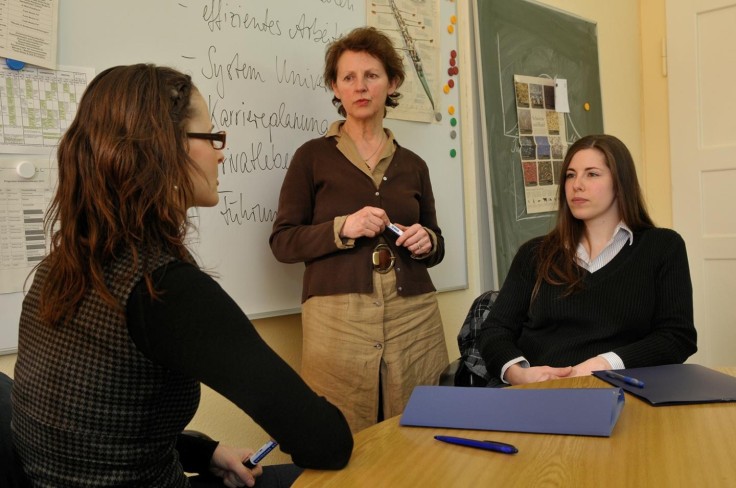

How is knowledge exchanged and shared when interdisciplinary research teams work together? Professor Margarete Boos and Lianghao Dai from the University of Göttingen have investigated this by studying several different research projects. Their study makes concrete recommendations for how teams can best work together and achieve effective collaborations. The results have been published in the journal Nature.
"We observed two fundamental patterns of knowledge exchange and integration in interdisciplinary research teams," says Boos. "The first, which we refer to as the "theory-method interdisciplinary collaboration pattern", involves one party providing a theoretical understanding, and the other offering methods for collecting and analysing the data. The second, which we called the "technical interdisciplinary collaborative pattern", is characterised by the exchange of learning tools such as algorithms and technical know-how to solve a shared research question".
The researchers identified these patterns by conducting intensive fieldwork on three interdisciplinary collaborative projects at a German university. The studies included different methods to investigate both the cognitions and the interactions of the members of the interdisciplinary teams. "Using the cognitive mapping method, the participants were able to show how the ideas and knowledge of the team members were being shared in collaborative exchange and integrated into a common knowledge structure," says Dai.
"From this, we have developed recommendations for effective working in interdisciplinary teams. For instance, we found that interdisciplinary teams can save time and money if they agree on goals, communication rules and research tools in a kick-off meeting. They also need to discuss the understanding of their basic concepts - which is usually different! Further on in the course of the project, it is helpful to explicitly agree on the way in which research results are to be integrated."
© 2025 University Herald, All rights reserved. Do not reproduce without permission.








